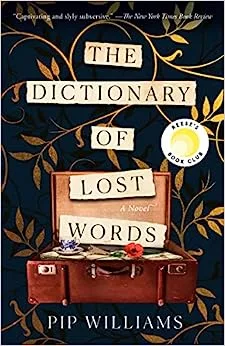
The Dictionary of Lost Words by Pip Williams
Hi, I am Sarah. I am an avid reader; it is one of my favorite things to do. Inspired by authors’ creations of magnificent places and surprising havens built by simple letters, I aspire to be an author and, meanwhile, nurture the love to write.
Esme Nicole is six years old when she loses her first word. At the time, she does not know what that means. Her father is a lexicographer writing the Oxford English Dictionary, so she absorbs the plethora of words around her. As she grows, she begins to notice that some of the words are going missing. They might be dropped, landed near someone’s shoe, or a slip with a quotation left out in the rain, and Esme, as if led by some ethereal force, starts to collect them.
As her knowledge as a lexicographer grows, she starts to understand that not all words end up in the dictionary, even if they have a place within it. How could a system that relies only on written quotations, in a time when most published words were scribed by white men, hold the entirety of the English language? So she starts her Dictionary of Lost Words: somewhere where she can start her own revolution, keeping the words spoken by women, the poor, and the illiterate safe from oblivion.
Powerful and poignant and vitally thought-provoking, The Dictionary of Lost Words may be my favorite book. The deep dive into the history of the OED and the world history of the time is factual and fascinating and provides a powerful lens with which to examine the very building blocks of human connection. How does the way we define words define us? And what happens when some words are inevitably left out?
